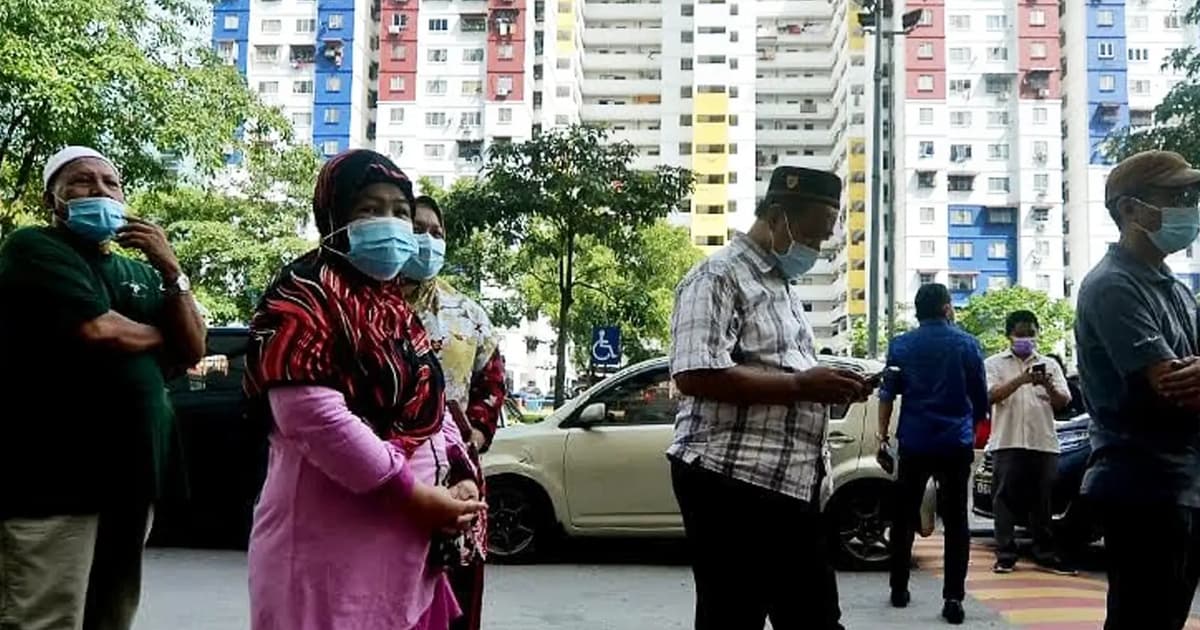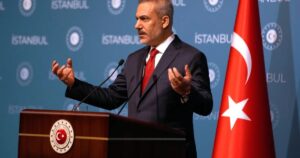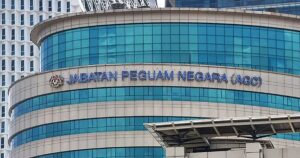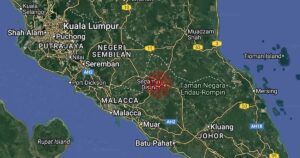
Malaysia is far behind its neighbours in giving cash assistance to older people, the World Bank said, suggesting that the programme be expanded.
In a report on Malaysia’s social pension scheme, the World Bank said only about 4% of people over 60 receive aid under the government’s Bantuan Warga Emas scheme which provides senior citizens with RM600 a month.
Malaysia fell in the very-low coverage bracket worldwide, the report said.
The World Bank said there is a strong case for Malaysia to give more senior citizens cash aid, as too few received them.
Malaysia has about 3.9 million people aged 60 and above, according to official statistics.
The World Bank report revealed that Malaysia spends just 0.05% of gross domestic product on the seniors aid scheme, while Thailand spends 0.41% and Vietnam 0.58%, with most senior citizens receiving some form of monthly cash, while in Timor-Leste, nearly all seniors get a state pension worth about a third of average income.
“We suggest that the government may wish to consider broadening its coverage to more B40 households,” the World Bank said.
It said many countries set age 65 as the point when people can start getting the money, so that the government can control spending and keep the costs of doing so affordable.
It said its paper was calling for cash aid from the government to seniors.
However, the report warned that early withdrawals from the Employees Provident Fund can drain savings and leave people needing government help later.
“In most countries globally, retirement savings are only accessed at retirement age. Exhausting retirement savings can leave people needing state support,” it said.
The World Bank said the main problem is not how much BWE pays, it is that too few people get it.
It said only a small number of poor seniors qualify, while many workers reach old age with little or no EPF savings. It called this group the “missing middle.”
It said expanding BWE coverage, while ensuring the cash aid payout is in line with the country’s new “decent living” index would be fairer. In 2023, the amount was set at an average of RM4,729 for a household of 3.8 persons.
The World Bank said Malaysia currently uses the poverty line income to decide who qualifies for BWE.
The PLI was last updated in 2022, setting the national average at RM2,589 a month for a family of about four. About half of that amount is for food and the rest for other basic needs.
To qualify for BWE, an elderly person’s household income must be below RM2,589. The RM600 monthly aid is about the same as what one person living at the poverty line would need to get by.
The World Bank said this method was good for tracking poverty but does not show what is needed for a decent life.
It said the newer index gives a better picture of what families need to live decently.






